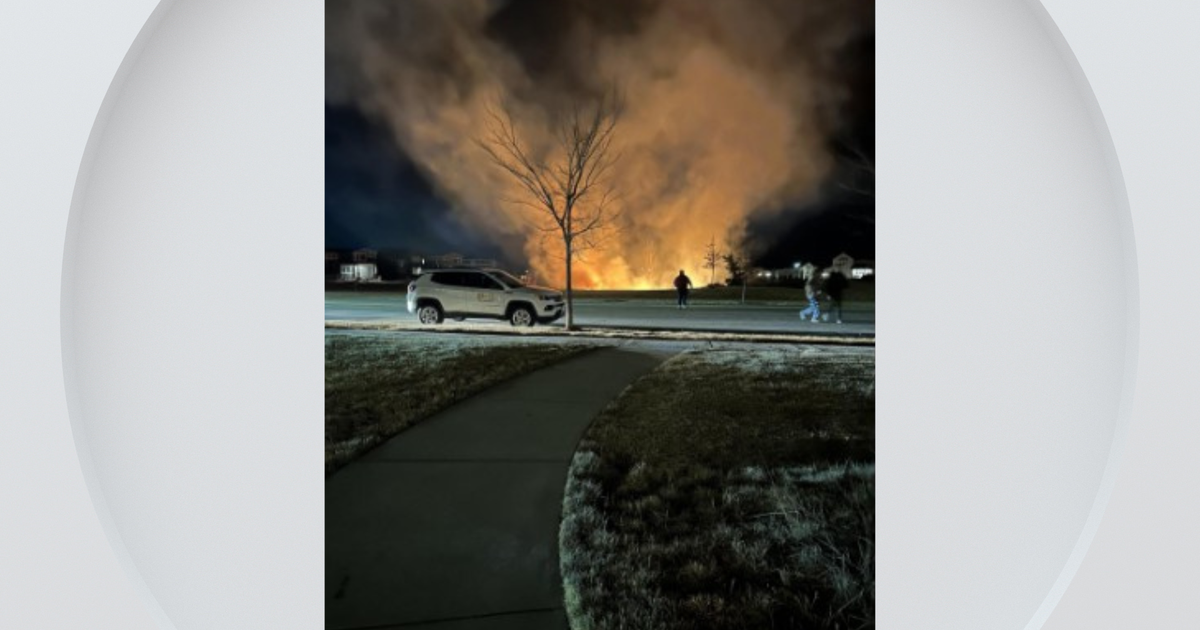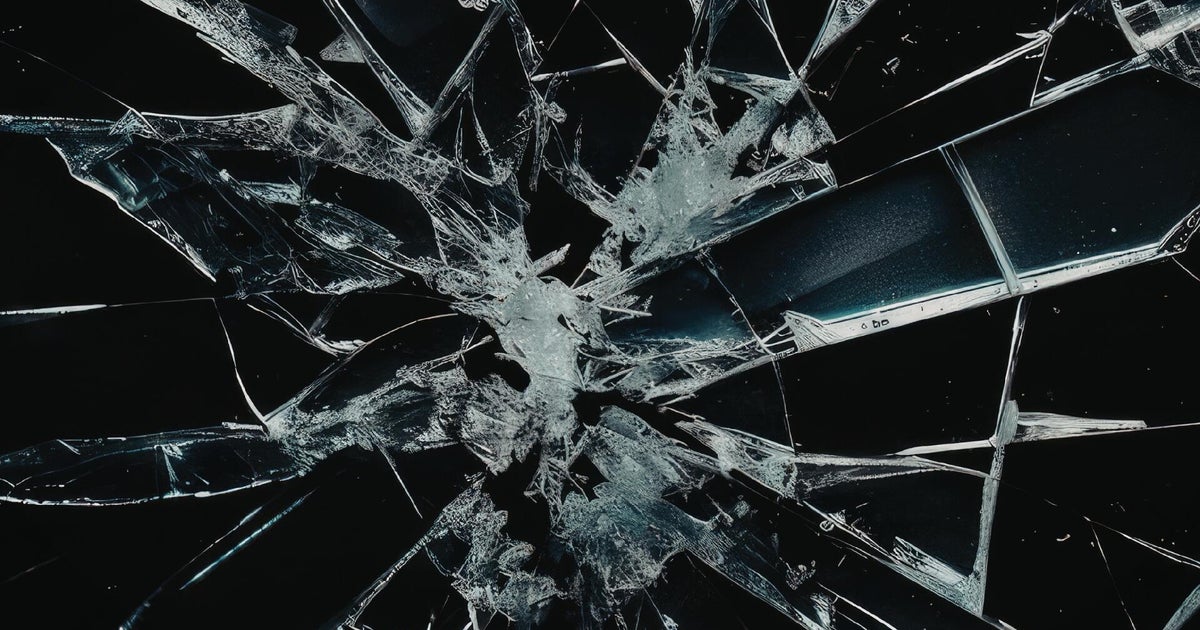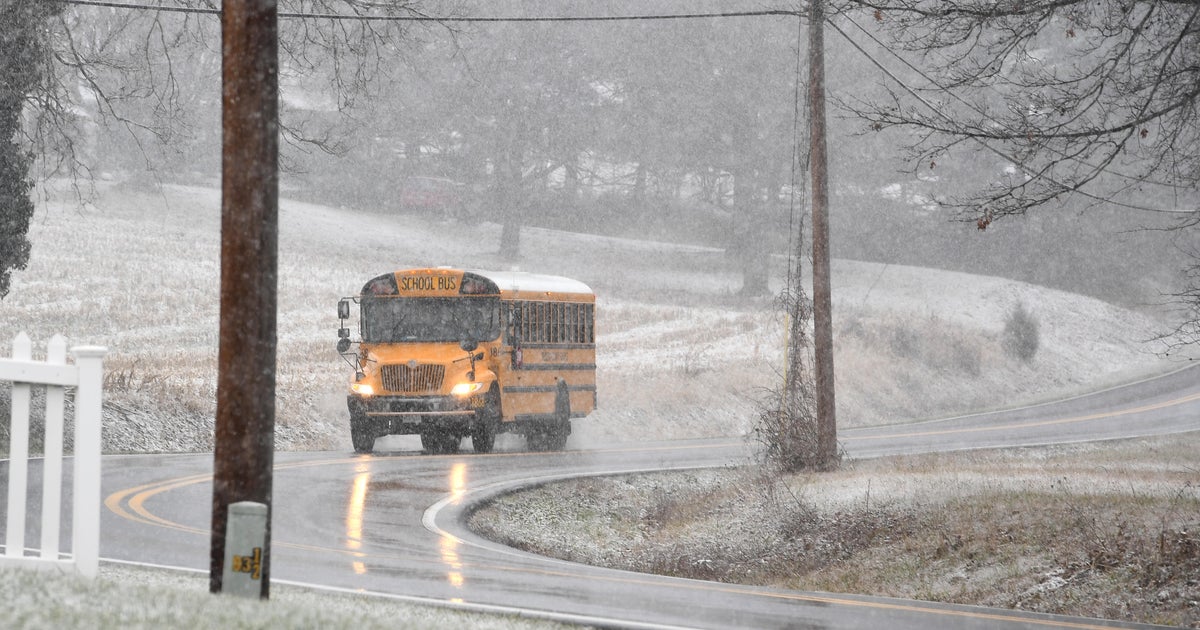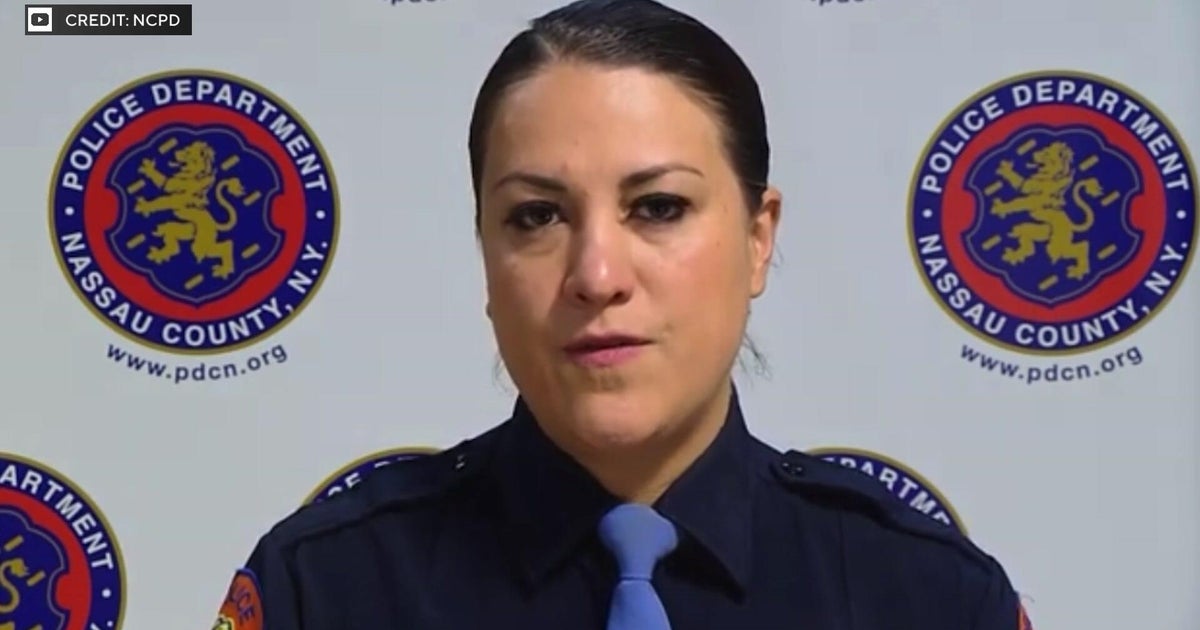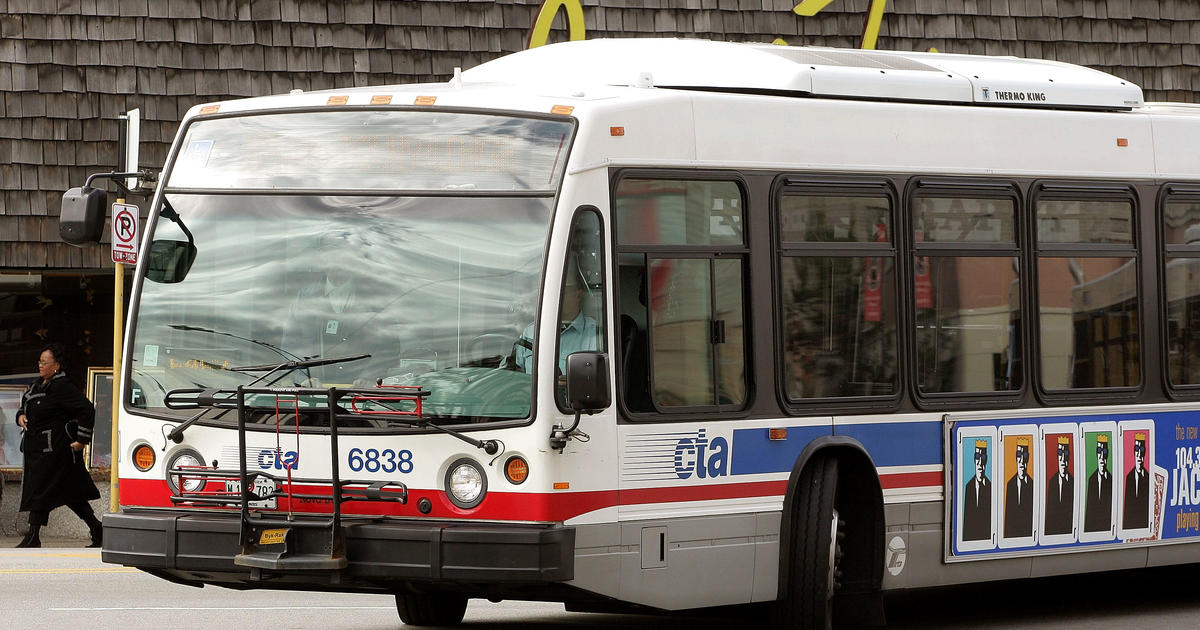Study Says Red Light Cameras Reduce Crashes, Save Lives
BALTIMORE (WJZ)-- When defending the placement of red-light cameras, politicians are quick to say they are being installed to make the roads safer.
Now, as Mike Schuh reports, a five-year study backs up their claims.
It seems like they're on every corner.
Reporter: "Have you gotten a ticket?"
Motorist Alyson Peppersack: "Yes."
And at $60 a flash, governments say people should learn to stop, rather than go.
A five-year study seems to confirm that in areas with cameras, fatal red light crashes are down by 24 percent.
"That's good then, I guess," Andrea Barone said. "They're helpful."
The study of 14 cities over five years shows 159 lives were saved.
Peppersack: "Who says that?"
Reporter: "Insurance Highway Institute's study. You don't buy it?"
Peppersack: "No."
Reporter: "How come?"
Peppersack: "I just don't."
"That figure seems to me like it would be accurate, and that people would think before they went through a red light because they would be afraid of getting a ticket," Wendy Norris said. "So I'm fine with it."
If those statistics are to be believed, then many people are changing their behavior to avoid getting a ticket. But many people believe that those cameras are just a way for the government to generate more money.
The head of the National Motorists Association says just lengthening the duration of the yellow can reduce red-light running by 50 percent or more.
But are these devices doing both-- saving lives and generating money?
"There are others who think they are strictly a money-generating device," Barone said. "Yeah, definitely! That's what I think."
The Insurance Highway Institute says that had red light cameras been installed in all U.S. cities with populations above 200,000, 815 deaths would have been prevented.


